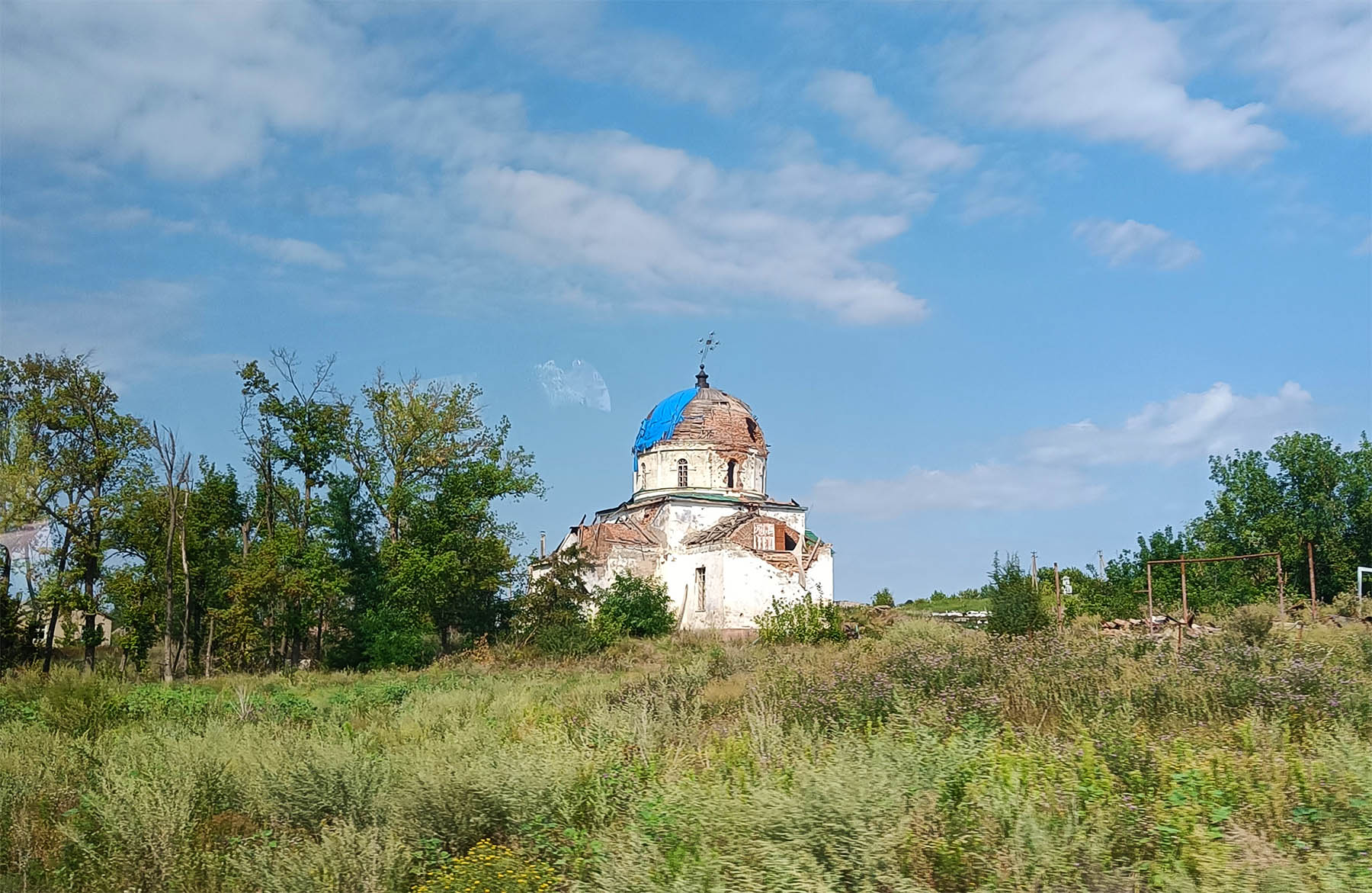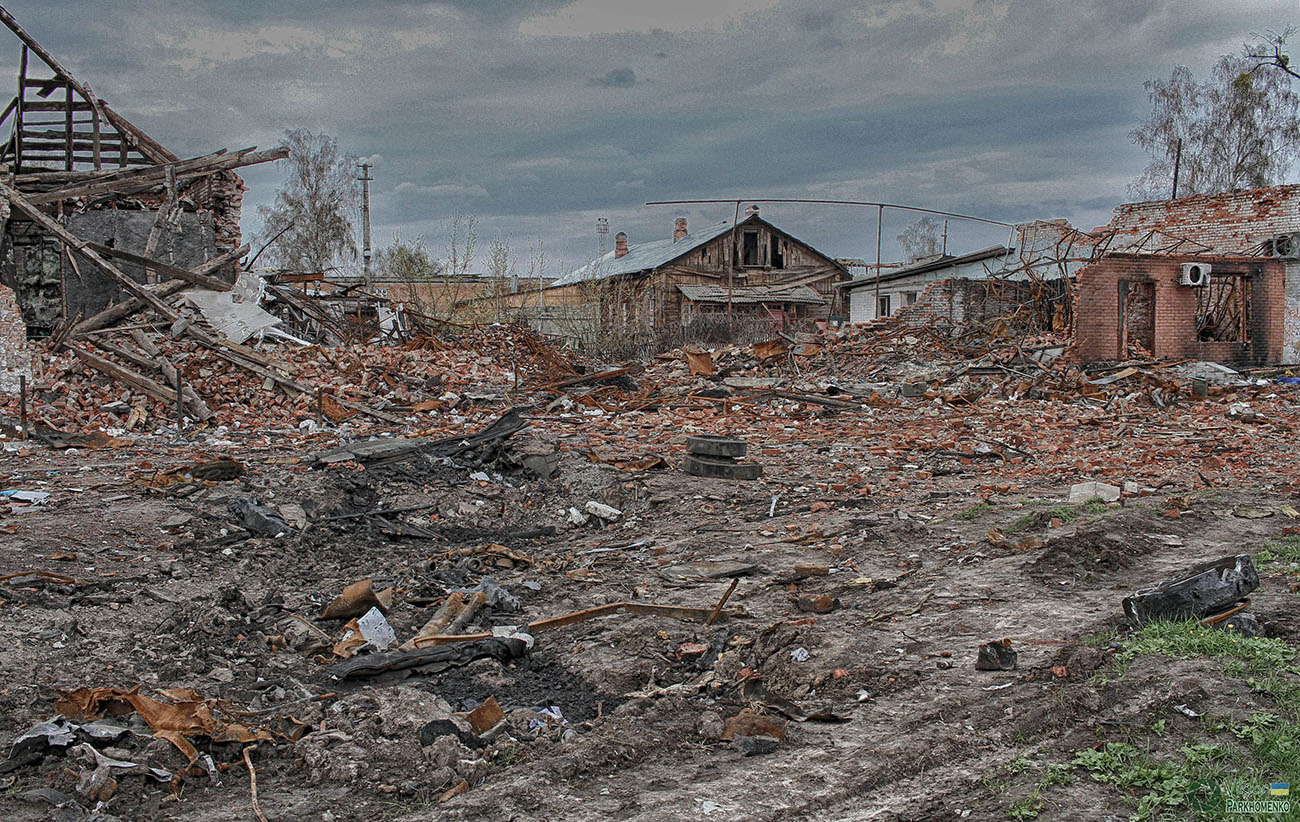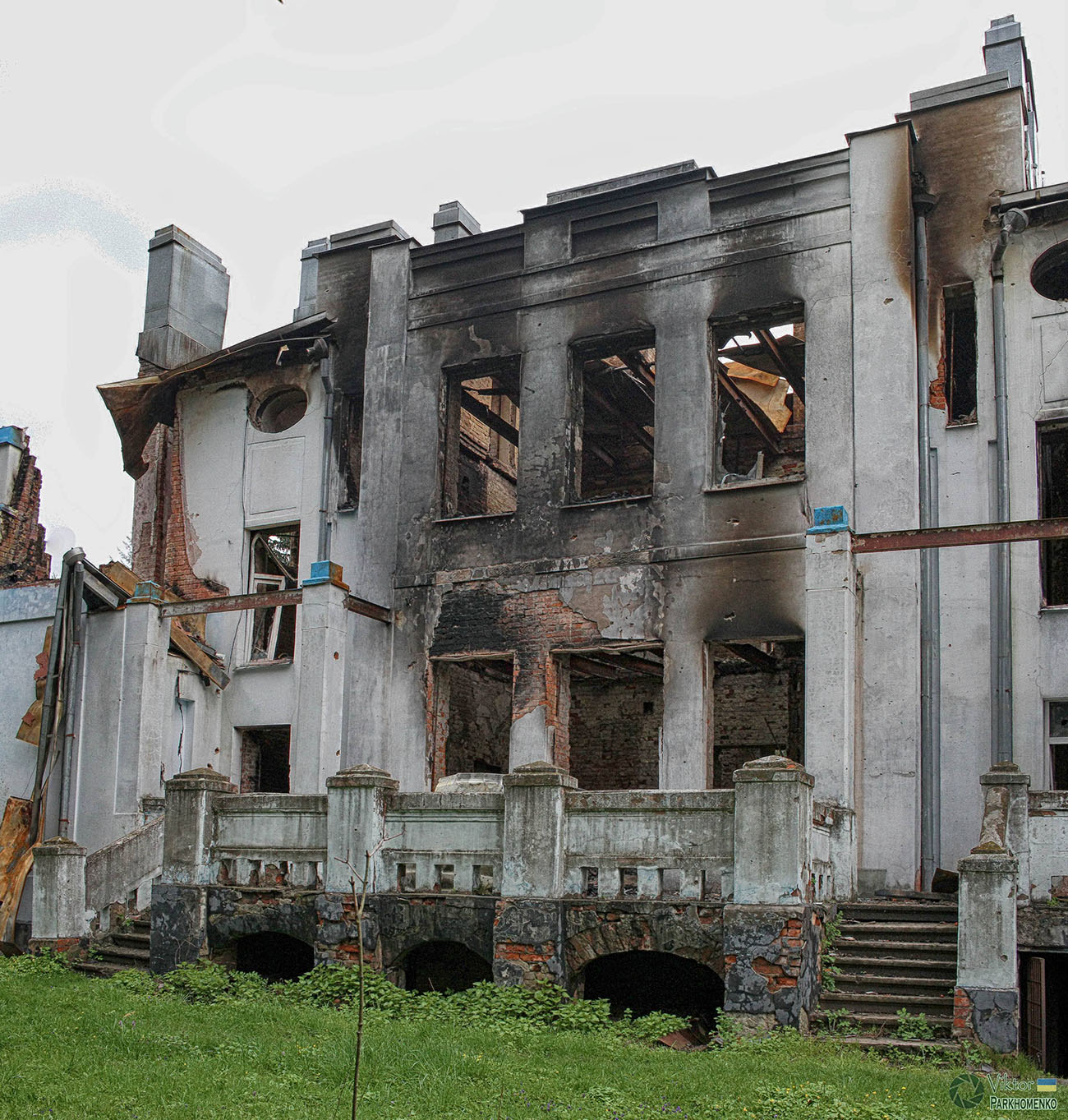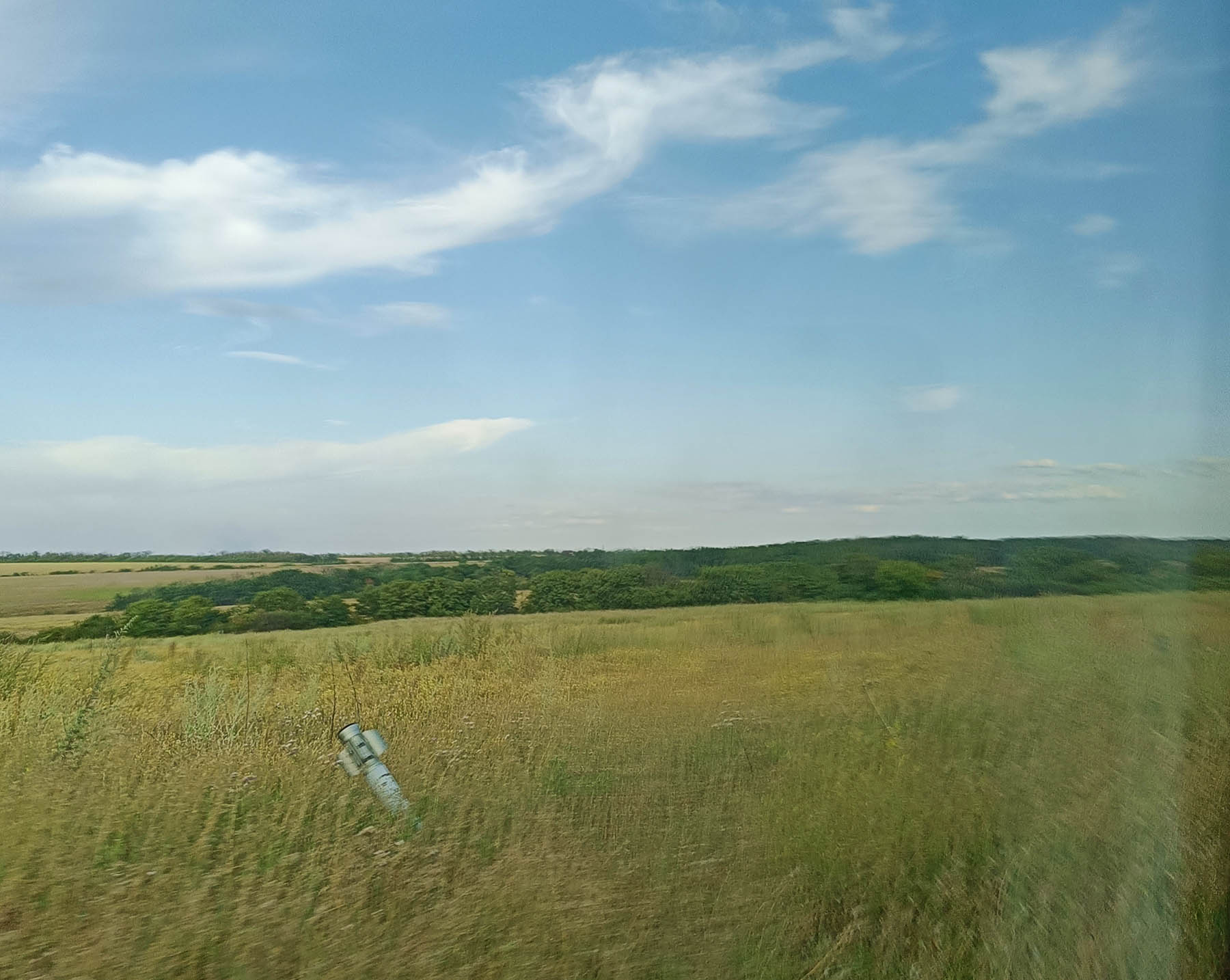About the Project

Transitional justice refers to the variety of processes and mechanisms, judicial and non-judicial, that societies implement to deal with the myriad legacies of large-scale human rights violations. These processes include criminal trials, truth commissions, reparations and memorials. Notwithstanding the richness of transitional justice research and the many different examples, formal and informal, of transitional justice across the globe - from Sri Lanka, Rwanda and Colombia to Norway, Canada and Australia - it is a field that remains strongly human-centred. Increasingly, however, there are calls to pluralise (and decolonise) transitional justice, and this interdisciplinary research project makes a novel and distinctive contribution to that larger agenda by challenging anthropocentric approaches that maintain a hyper-separation between human and more-than-human worlds. As Viaene et al. underscore in a 2023 issue of the International Journal of Transitional Justice: 'It is time to disrupt a hegemonic view across transitional justice scholarship... that limits our understanding of the perpetrator, victim and survivor of gross human rights violations to human beings, while excluding consideration for more-than-human factors such as rivers, mountains, oceans, animals, plants and soil'. The overarching objective of this research project, thus, is to develop a more inclusive and relational approach to transitional justice - drawing on Indigenous cosmologies, posthumanism and original empirical data - that acknowledges both the suffering and the agency of more-than-human worlds.

The project focuses specifically on the Russian invasion of Ukraine, a country in which 35 per cent of Europe's biodiversity is concentrated. The environmental consequences of the war are not only immense but are also likely, in some cases, to be irreversible. Through online semi-structured interviews with, inter alia, zoologists, botanists and biologists, this research explores in depth some of these environmental legacies. It also examines the perspectives and experiences of Ukrainians without specific ecological expertise.

Led by an interdisciplinary transitional justice scholar working with two eminent scientists (a biologist and a soundscape ecologist) in Ukraine and the United States respectively, the project seeks to demonstrate that significant scope exists within the field of transitional justice for cross-disciplinary dialogue and knowledge exchange between the social sciences, humanities and natural sciences. In particular, and as part of making prominent the agency of more-than-human words, it highlights an important yet, to date, entirely overlooked role for soundscape ecology - meaning the multiple sounds emanating from a particular landscape - within transitional justice. It argues in this regard that creatively exploring soundscape ecology in transitional justice contexts is part of learning how to 'listen' to more-than-human worlds. As Bradshaw asserts, 'Nature is no longer a silent "other"... Instead, Nature stares back-agentic, and with epistemic authority challenging modernity to answer for itself'. The soundscape recordings made by the interviewees are an important and highly unique part of the project's dataset.
